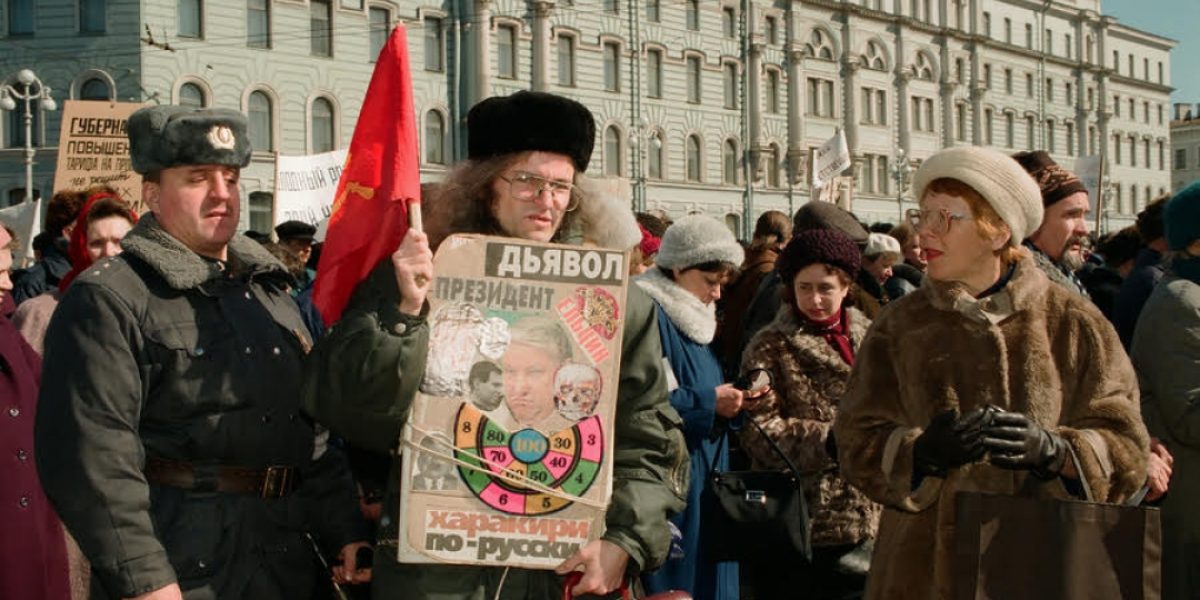Russian Politics After 1991

Faculty:
Fall 2025: September 1, 2025 – December 19, 2025
Schedule: Mon, Thu 17:50 – 19:10 CET | 11:50 AM – 13:10 PM EDT
Subject: Courses
Level: 200
Credits: 4 US / 8 ECTS
Max Enrollment: 22
Language of Instruction: Russian
Prerequisites: No
This course examines the political trajectory of Russia after 1991. We will look closely at various parameters of the Russian political system and explore their significance – from the public opinion and gender-related policies to the design of the Russian Constitution and the elections as a socio-political institution. Aiming to find out what facilitated or hindered the authoritarian backlash, we will review the resources at the disposal of Russian authorities and the opposition. Since Post-Soviet Russian politics is a well-researched field, one of our objectives will be learning how to navigate among dozens of studies and varied perspectives. We will discuss scholarly approaches to electoral manipulation, civic engagement, political values, parties, civil society, the role of business, and welfare policy. Among our other subjects will be the gender and ethnic policies, traditional media vs. the Internet, local and regional politics, Russian courts, and the country’s repressive apparatus. Students will examine the results of empirical research on contemporary Russian politics, what consensus has been reached, and what academic debates are still ongoing.
Guidelines for the Statement of Purpose:
Craft a reflective statement of purpose explaining your interest in the Smolny Beyond Borders online course. Your statement’s clarity and substance will significantly influence our selection. Convey your motivations and aspirations for this course succinctly but thoroughly. Kindly write your statement in the course’s Language of Instruction.
